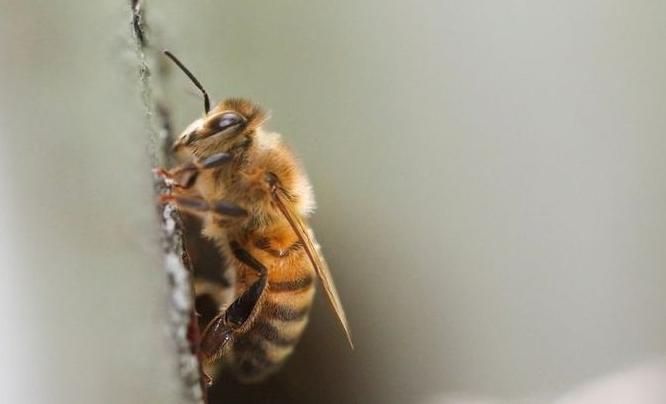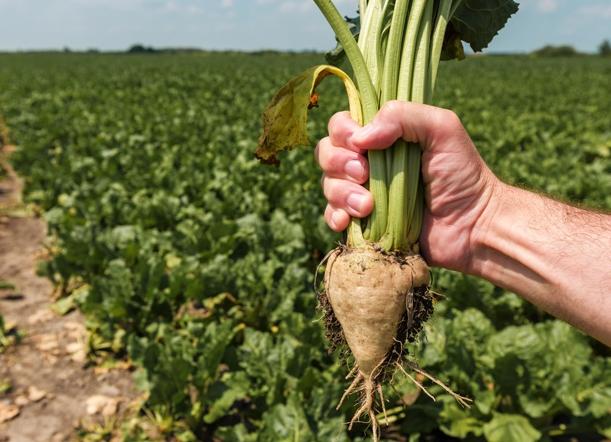Farmers across Europe are shifting their agricultural focus away from sugar beets. This decision may lead to an even greater surge in prices due to the tension between the European Union’s ecological guidelines and its push to stabilize food prices and ensure availability.
Bee Safety vs. Crop Protection
A pivotal judgment came in January when the EU’s top court decided that exemptions previously granted to farmers, allowing them to use neonics (insecticides detrimental to bees but protective against certain crop diseases), would cease. This decision, deemed essential for pollinator preservation by both the EU and environmental enthusiasts, has significant repercussions for the sugar industry.
Alexandre Pele, a central France farmer, expressed his concerns:
“In our region, we lost 15% of the sugar beet area this year.”
He further lamented:
“I have struggled to meet volume commitments with the sugar factory because my yields have declined notably due to the ban on neonicotinoids.”
Potential Global Impact
With the EU being a major sugar producer globally, a decrease in its yield could influence rising international prices and obstruct attempts to control food inflation.
An industry analyst at one of the world’s largest sugar traders remarked:
“We’ve entered a new paradigm in sugar… Global stocks are low, demand is growing and supply is vulnerable.”
The Aftermath of Banning Neonicotinoids

The use of neonics is largely responsible for the extinction of nearly 10% of bee and butterfly species.
Since the 2018 ban on neonics in non-flowering crops, there has been a noticeable decrease in sugar beet cultivation: reaching a 14-year low in France. This decline led to the closure of a factory by Tereos, the world’s second-largest sugar producer, resulting in a loss of 123 jobs.
Farmer Pele, highlighting the gravity of the situation, mentioned:
“The yield from one of his plots is down by 45% this year.”
The Hunt for Alternatives
Major seed producers are researching sugar beet types resistant to diseases, but their availability might not be until 2027.
Andrew Blenkiron, a farmer in England, noted the challenges:
“It’s a dilemma – producing food at a cost-effective price while ensuring we have good environmental protection.”
Implications for Other Crops
The reduced focus on sugar beets might adversely affect other vital crops since crop rotation is essential for maintaining soil health. Farmer Pele emphasized:
“If I no longer have sugar beet it would be a real loss.”



